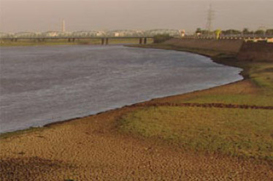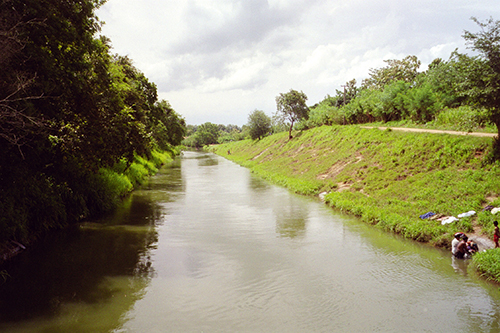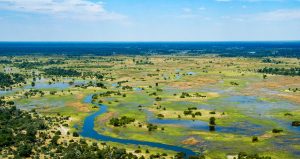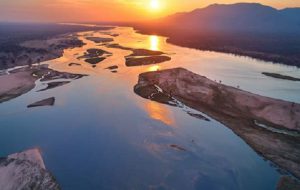Transboundary Water Management as a Regional Public Good
Investment in water resources management in the Nile Basin provides significant benefits for human and economic development. But the public goods it generates do not necessarily translate into the direct revenue streams that can sustain their investment and creates finance challenges. This report explores soft financing options for the Nile Basin, such as grant financing that complements other sources of public and private financing and enhances the financial sustainability of cooperative river-basin management and development projects.

Cooperative transboundary management of the Nile River Basin is an important public good in itself, as well as a source of regional public goods. Evidence suggests that investment in water resources management and development holds significant opportunities for economic development in the Nile Basin.

While the economic returns of large multi-purpose projects may be significant, indirect benefits and public good benefits do not necessarily translate into direct revenue streams that can sustain these investments. This has important implications for the financing of Nile projects, their financial performance and their economic justification.
This paper focuses on public goods in the context of the Nile Basin. It explores public goods as one justification for soft financing such as grant financing that complements other sources of public and private financing, thus enhancing the financial sustainability of cooperative river-basin management and development projects which provide important public goods.
KEY LESSONS LEARNED
- Cooperative management of a transboundary river basin is an important public good and a source of regional public good benefits.
- Developing and supporting transboundary river basin management are both long-term undertakings, and important catalysts for promoting economic growth and regional stability.- The Nile Basin is an important transboundary water body. Cooperation in the area could unlock the development and economic potential of the region and foster major win-win opportunities.
- Shared benefits would result from cooperative action by Nile countries. However, given the economic context of these countries, both public and private financing will be needed to realize those benefits.
Citation
How to Cite: 2007, Dr. Anders Jägerskog, SIWI, and Mr. Jakob Granit, The World Bank, with support from Mr. Anders Risberg and Mr. Winston Yu of The World Bank.



